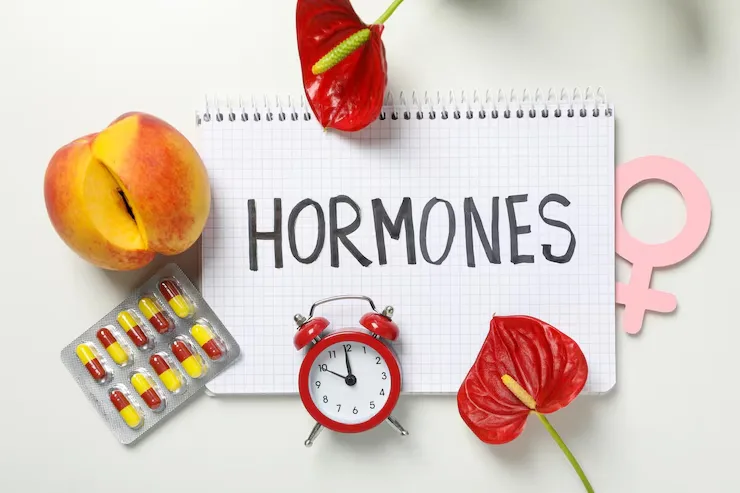Hormonal imbalance is a common health issue that affects women across all age groups, often leading to a spectrum of physical and emotional challenges. Understanding what hormonal imbalance is, recognizing hormonal imbalance symptoms, and learning about hormonal imbalance treatment options can empower women to take control of their health and well-being.
What is Hormonal Imbalance?
Hormonal imbalance refers to a disruption in the body’s endocrine system, where hormones are produced, regulated, and maintained. Hormones are chemical messengers that influence nearly every bodily function, from metabolism and mood to reproductive health and energy levels. When these delicate chemical signals are thrown off balance, it can trigger a range of health complications.Hormonal Imbalance in Women: Key Factors
Hormonal imbalance in women can result from various internal and external influences. Identifying the underlying causes helps guide effective management strategies. Common factors contributing to hormonal imbalance in women include:- Stress and Lifestyle: Chronic stress elevates cortisol levels, which can interfere with other vital hormones, creating a domino effect of imbalance.
- Diet and Nutrition: Poor nutrition or extreme dieting may deprive the body of essential nutrients needed for hormone synthesis, exacerbating hormonal imbalance in women.
- Thyroid Disorders: Conditions such as hypothyroidism and hyperthyroidism directly impact metabolic rate and energy levels, often coexisting with hormonal imbalance.
- Polycystic Ovary Syndrome (PCOS): PCOS is a prevalent endocrine disorder characterized by elevated androgens, irregular menstrual cycles, and ovarian cysts, representing a primary example of hormonal imbalance in women.
- Menopause and Perimenopause: The transition to menopause involves significant shifts in estrogen and progesterone levels, often triggering symptoms associated with hormonal imbalance.
Hormonal Imbalance Symptoms
Recognizing hormonal imbalance symptoms is the first step toward seeking help. Symptoms may vary in intensity and combination but commonly include:- Irregular or absent menstrual cycles
- Sudden weight gain or unexplained weight loss
- Persistent fatigue and low energy
- Mood swings, anxiety, or depression
- Acne, skin changes, or hair loss
- Sleep disturbances, including insomnia and restless sleep
Reasons for Hormonal Imbalance
Several physiological and environmental factors contribute to reasons for hormonal imbalance. Key reasons for hormonal imbalance include:- Age-Related Changes: Natural hormonal fluctuations occur during puberty, menstruation, pregnancy, and menopause, each presenting unique challenges.
- Environmental Toxins: Exposure to endocrine-disrupting chemicals found in plastics, cosmetics, and pesticides can mimic or block hormone activity, leading to imbalance.
- Chronic Illness and Medications: Certain medical conditions and long-term medication use, such as corticosteroids, can alter hormone production and feedback mechanisms.
Hormonal Imbalance Treatment
Effective hormonal imbalance treatment depends on the root cause and symptom profile. Common approaches include:- Lifestyle Modifications: Incorporating balanced nutrition, regular exercise, and stress management techniques can restore equilibrium and alleviate symptoms associated with hormonal imbalance.
- Medical Therapies: Hormone replacement therapy (HRT), thyroid medications, and targeted treatments for conditions like PCOS form the cornerstone of medical intervention.
- Nutritional Supplements: Vitamins D, B-complex, magnesium, and omega-3 fatty acids support endocrine function and can complement other hormonal imbalance treatment strategies.

